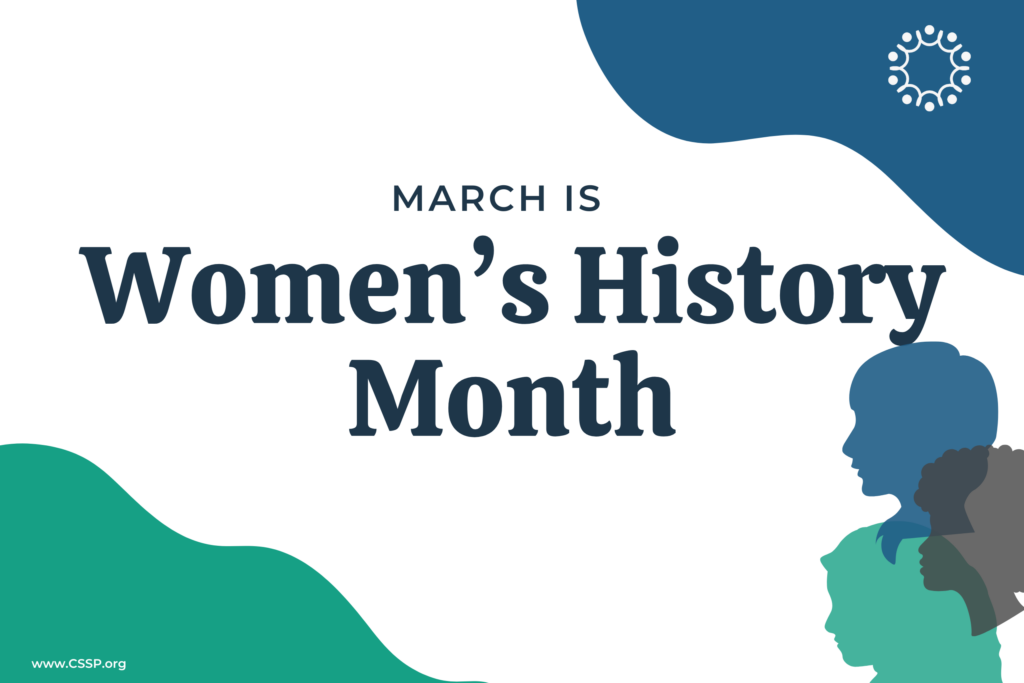March is Women’s History Month. As with Black history (which is celebrated in February), women’s history is American history. But until we can honor women equally all year long, we will honor their contributions, focusing specifically on women whose names are not as frequently celebrated. Women’s History Month is not only a time for recognition; it’s a call to action—a reminder to acknowledge the diverse experiences and struggles of all women, especially those from historically marginalized communities. Join us in celebrating these women throughout March and all year long.
- Mariame Kaba
“White supremacy does not thrive in spite of the menacing infrastructure of US criminalization and militarism—it thrives because of it.”
American activist, grassroots organizer, and educator Mariame Kaba advocates for the abolition of the prison industrial complex. As founder and director of Project NIA, a grassroots organization with a vision to end youth incarceration, she works to reimagine multiple systems known for harming the most marginalized among us, including working on issues of racial justice, gender justice, and transformative/ restorative justice. - Audre Lorde
“The master’s tools will never dismantle the master’s house. They may allow us to temporarily beat him at his own game, but they will never enable us to bring about genuine change.”
Poet, novelist, feminist, womanist, and civil rights activist, Audre Lorde (1934-1992) used her writing to give voice to and explore political themes, such as racism, sexism, and violence. She wrote prolifically and fought passionately for the rights of marginalized people, including women, people of color, and the LGBTQ community. - Haben Girma
“Communities designed with just one kind of person in mind isolate those of us defying our narrow definition of personhood.”
Human rights lawyer Haben Girma works to advance disability justice, and is the first deafblind person to graduate from Harvard Law School. Her activism focuses on combatting ableism, and Haben advocates for people with different abilities, emphasizing that as the largest historically underrepresented group totaling one billion people worldwide. -
Wilma Mankiller
“One of the things my parents taught me, and I’ll always be grateful . . . is to not ever let anybody else define me; [but] for me to define myself…”
The first female Principal Chief of the Cherokee Nation, Wilma Mankiller (1945-2010) worked to empower Native communities in California, believing that restoring pride in Native heritage could reduce the downward spiral of Native youth growing up in the streets. Her surname, “Mankiller,” Asgaya-dihi (Cherokee syllabary: ᎠᏍᎦᏯᏗᎯ) in the Cherokee language, refers to a traditional Cherokee military rank, like a captain or major. - Grace Lee Boggs
“I don’t know what the next American revolution is going to be like, but we might be able to imagine it if your imagination were rich enough.”American author, social activist, philosopher, and feminist, Grace Lee Boggs (1915–2015) is known for her radical activism, tackling issues related to labor and civil rights, feminism, Black Power, Asian Americans, and the environment.
